A few days ago, one of my associates asked, “Hey Dan, how often I clean my guns?” I replied, “Everyday…um…every few weeks or someday while you can…” He chuckled and said, “You’re kidding!” No, I wasn’t! I wasn’t trying to skip anything either! To be honest, different types, frequency of usage, exposure situations (where you use), and ammo are the factors that decide when to clean a gun. I’ve been using firearms for the past two decades, and that’s what I’ve learned from my experiences and revered superiors.
How to Clean a Gun with Household Items – A Step-by-Step Guide
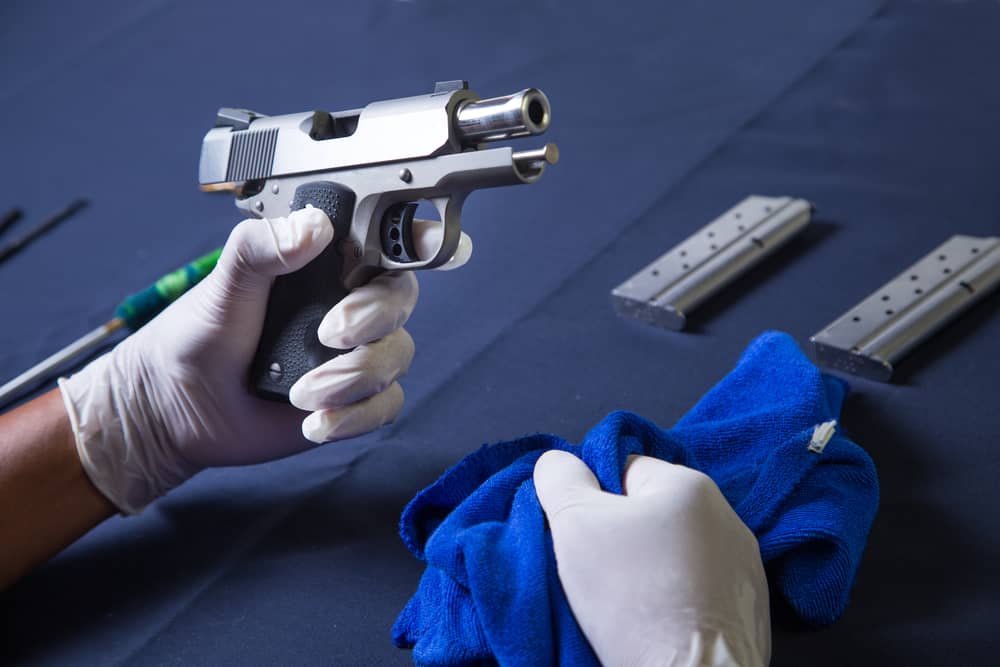
Cleaning is a vital part of firearm maintenance that affects the performance of a gun. And, a great gun cleaning kit can assist you in this matter. Here, you’ll be learning when cleaning becomes a necessity requiring no specific issues to be addressed.
- When it has been a while since you used the gun last time
- After you’ve taken multiple trips to the nearby range and allowed heavy wear and tear, carbon and salt buildup
- Every time after you’ve exposed the firearm to dampening situations or moisture-prone areas
- If you’re fond of using corrosive ammunition
Inspect the Barrel Thoroughly
Checking the barrel can also be a quick way to know that your gun needs cleaning. Here’s how you can check the barrel of your gun for issues.
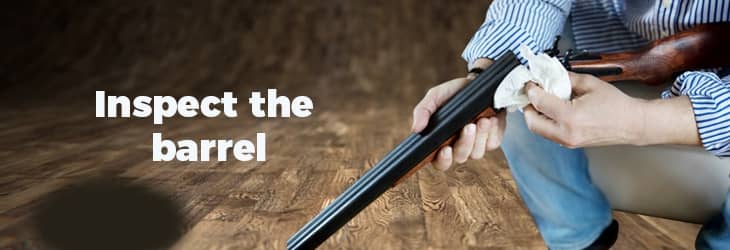
- Look inside the barrel with a borescope to detect pit corrosion, dirt, and rust.
- Inspect the front end of the barrel and crown to detect signs of copper fouling.
- Check the barrel chamber to see if there’re carbon, dirt, or lubricant buildup.
If the interior of the barrel gets cooper buildup, know that it’s going to hurt your shooting accuracy sooner or later, no matter how seasoned you’re as a shooter. Several factors affect barrel fouling. Look at the points below.
- Your usage behavior
- Types, construction, and materials of ammunition used
- Design, geometry, and surface finish of the barrel’s interior
- The desired precision (your preferred level)
- Life cycle of the barrel
However, I didn’t tell you one thing! When should you inspect the barrel? No strict rules apply in this case. The only factor you can care about is the accuracy you’re acquiring (I assume that you already are a REGULAR shooter).
If/When you start feeling that your accuracy is going down your standard and you can shoot quite well with someone else’s gun, it’s time you spent a few minutes to inspect the barrel of your gun for the issues I mentioned above. But I want to make things more precise for you. Here’s a quick rundown of the inspection schedule.
- For a benchrest shooter, every 15 shots indicate the need for a thorough inspection and cleaning job.
- Long-range shooters shouldn’t delay longer after they’ve fired 20-30 shots.
- Bullseye shooting is all about accuracy and precision. So, frequent inspection and cleaning should be pursued.
- Bisley and Field shooters can enjoy shooting without cleaning until they’ve fired 50-60 shots.
- Rapid fire shooting also allows as much flexibility, even more as you can take around a hundred shots and then head up to the cleaning process.
- Rifle hunters/shooters can easily take 500+ shots before doing the cleaning.
These points are entirely oriented to help you decide your cleaning time based on the number of shots you take and accuracy. However, some firearm users take shots the entire season and don’t spend a second thinking of cleaning and WITHOUT any feeling of deterioration in their accuracy.
At this stage, (if I’m not wrong) I think you still want to know more, and it’s about the gun you own. Yes, I understand few people want to go through their shooting type. With a query on their specific gun type, many acquaintances have asked me, “How often do you need to clean your gun?” Well, here it goes.
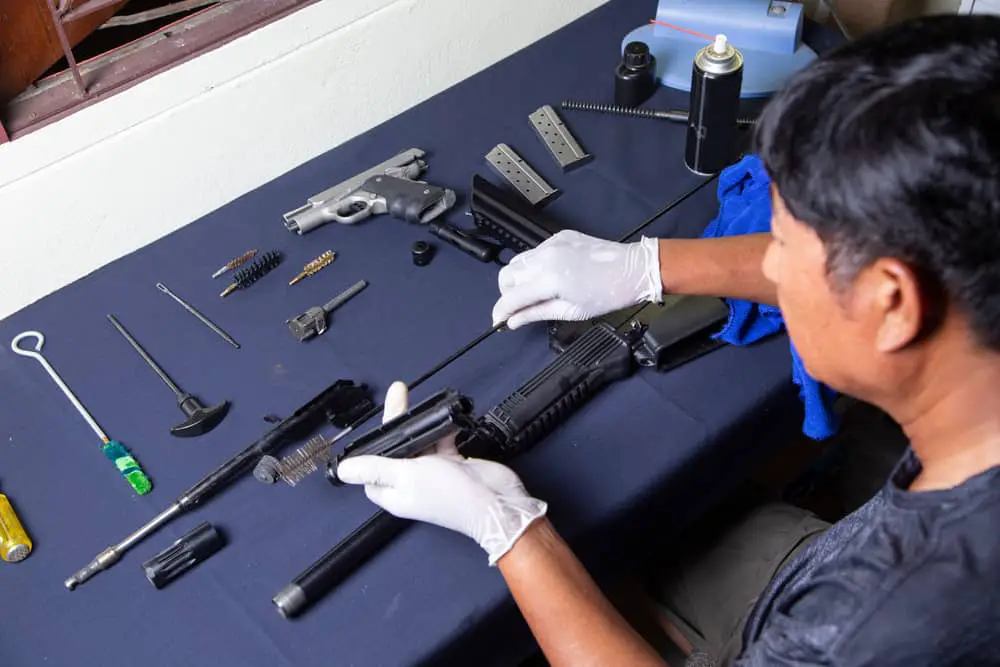
If you keep a gun for fun shooting, for example, plinking or hitting clay target, cleaning the gun regularly is not important. Cleaning different parts of the gun in 3-4 months interval is acceptable. But if your fun shooting gun is a semi-automatic firearm, then it will not wait for 3-4 months to start malfunctioning. Usually, semi-automatic gun or gun that uses rimfire ammunition starts to dysfunctions after a certain number of shots.
Firearms that you possess for your self-defense require regular maintenances. The gun’s job is to provide you security. So, it needs to keep up to date.
Revolvers also need to clean regularly. Carbon deposition inside the revolver’s cylinder may stop firing the firearm.
Bolt action rifles are easier to clean since you don’t need to disassemble the rifle assembly. One fouling shot will warm the bore and get the rifle ready to use.
For match guns, most semiautomatics run more accurate and more reliably when clean.
Don’t Rest Already!
If the barrel and receiver of your gun are made of stainless steel, you may be assured that your gun will withstand wear and tear. This is true to some extent. Though stainless steel provides resistance to corrosion, barrel and receiver parts of the gun are prone to gather dirt and dust. Moreover, after every short there are some residue remains inside the gun chamber and barrel. Deposition of this remaining overtime causes the gun to wear. So, there is no chance of complacency.
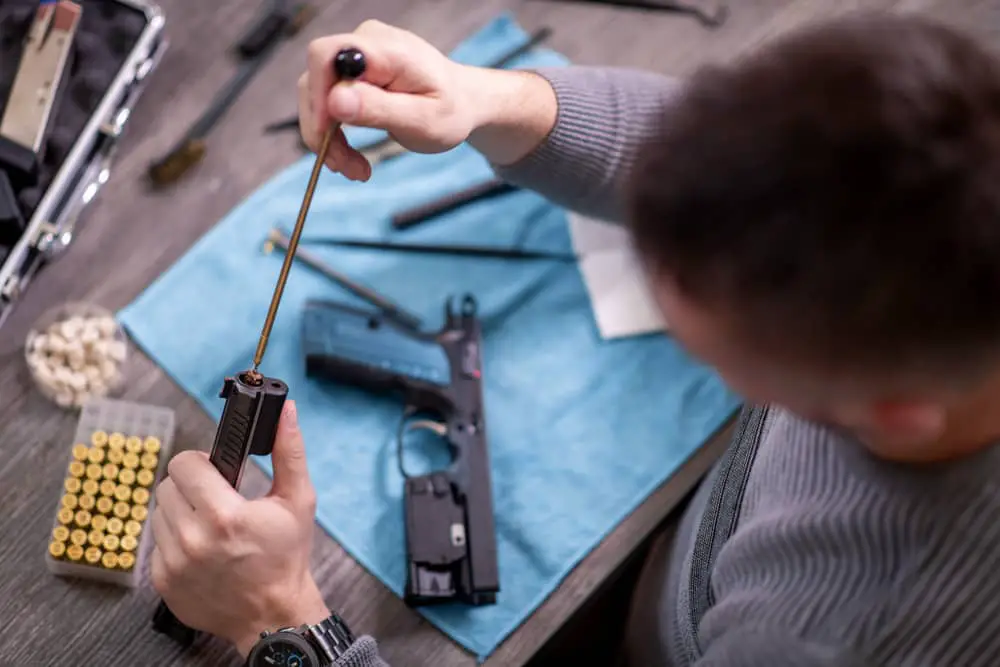
My Final Thoughts
Firearms need to clean on a regular basis. Cleaning a gun involves unloading the gun, dismantling the gun by following manufactures instruction, cleaning different parts of the gun and then reassemble the firearm. The frequency of cleaning depends on the number of shots fired from the gun. Many gun experts opined that firearm needs to clean after 250 rounds of shots. However, if you use a gun for target practicing, cleaning is more urgent since in shooting range you fire a lot of shots. In that case, you need to clean the gun after a visit to a range.

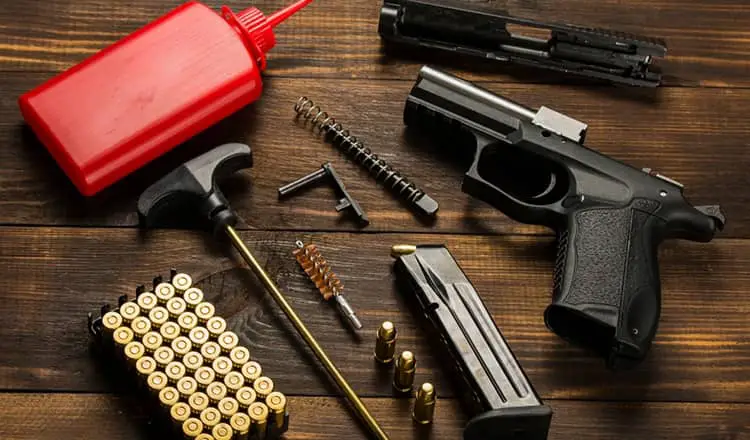




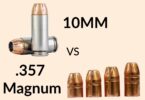


Leave a Comment